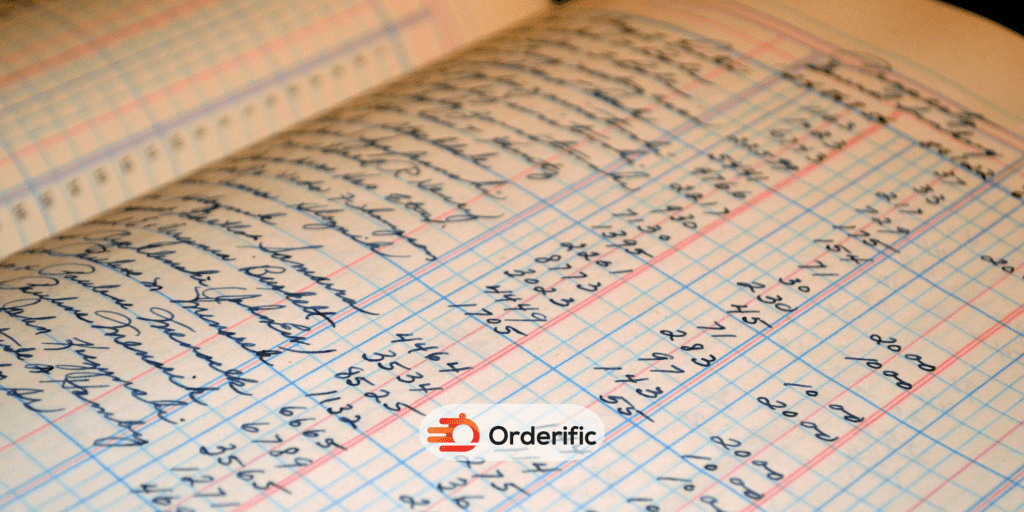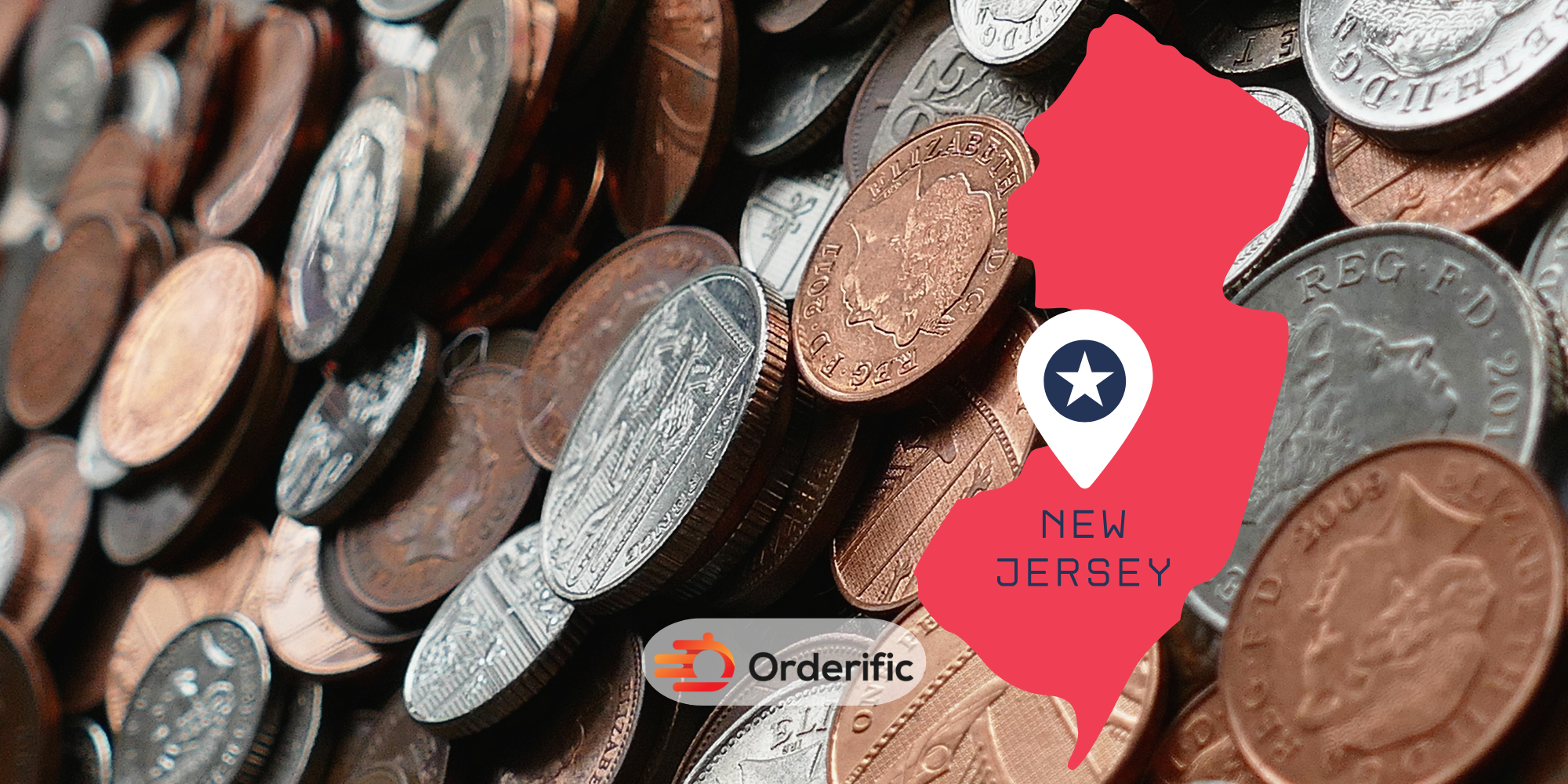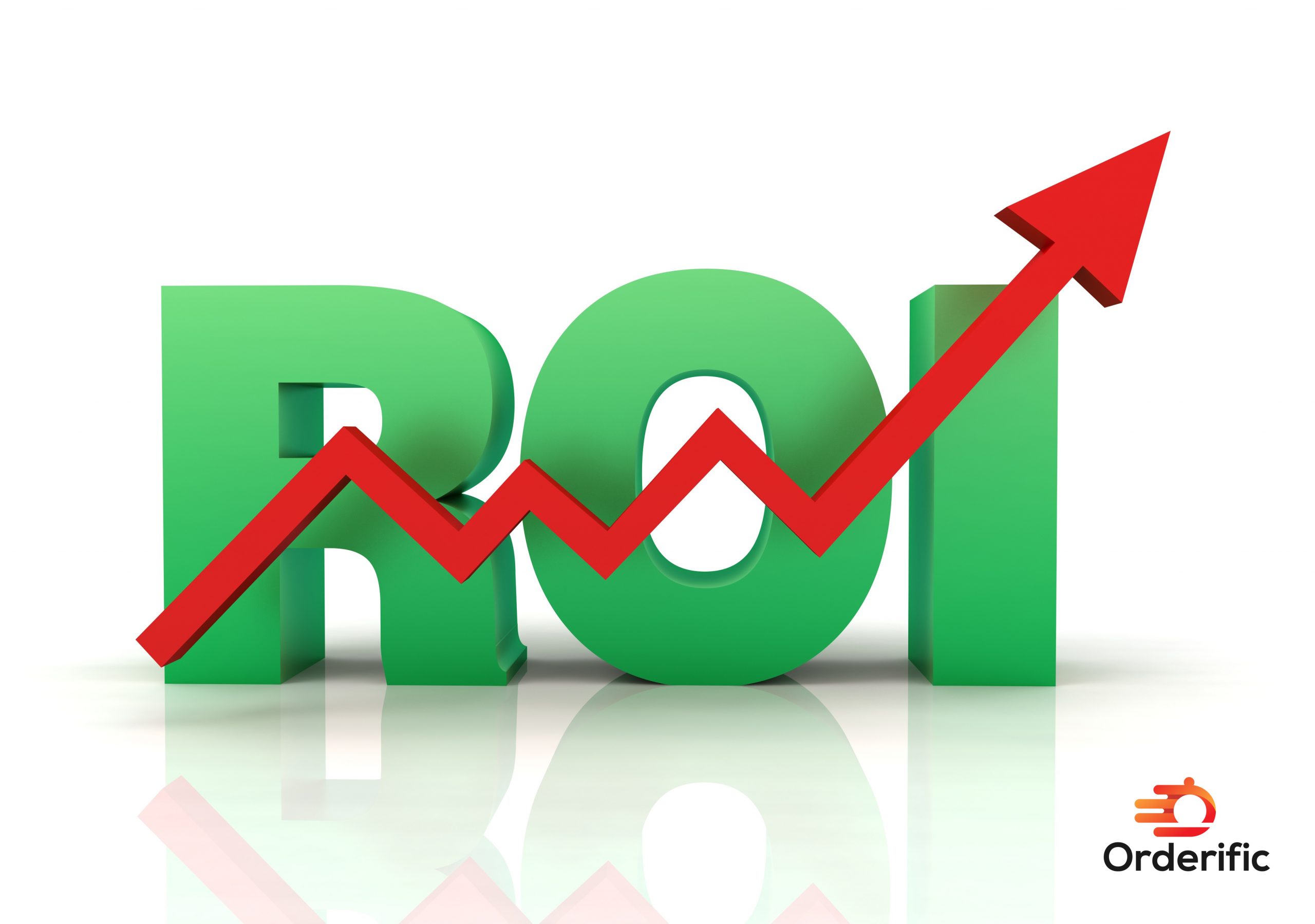Are you an employer or employee in New Jersey? Do you need to know more about the minimum wage and working conditions in the Garden State? New Jerseys minimum wage law is set at the federal level and must followed by all employers in the state.
The current minimum wage rate for New Jersey State is $14.13 an hour, which went into effect on January 1, 2023. This is higher than the federal minimum wage of $7.25 an hour. Employers in New Jersey must also pay at least the New Jersey minimum wage rate to employees who are exempt from overtime under the Fair Labor Standards Act (FLSA).
In this guide, we will discuss the current minimum wage rate in New Jersey and any changes that have been made to it. We’ll also look at what employers are required to do to ensure their workers are paid a fair wage.
Understanding the Minimum Wage in New Jersey
As of January 1, 2023, the minimum wage rate for New Jersey State is $14.13 an hour. This rate applies to all employers in the state and must be followed. Any employee who is exempt from overtime under the Fair Labor Standards Act (FLSA) must also be paid at least this amount.
In addition to the hourly minimum wage rate, there are other working conditions that employers must follow to maintain fairness and comply with the law. This includes providing workers with reasonable meal breaks, rest periods, unpaid holidays, and vacation time. Employers also need to be aware of any local or federal regulations that may apply to their business.
Current Minimum Wage Rates in New Jersey
The current minimum wage rate for New Jersey State is $14.13 an hour, which went into effect on January 1, 2023. This rate applies to all employees who are exempt from overtime under the Fair Labor Standards Act (FLSA).
In addition, employers must also pay their workers a minimum of $7.25 an hour if they are not exempt from overtime under federal law. This is the same minimum wage rate as that set by the U.S. Department of Labor and applies to all employers in the state, regardless of size or scope.

Changes to the New Jersey Minimum Wage
It has been steadily increasing over the past few years. In 2016, for example, it went from $8.38 an hour to $10.10 an hour. In 2018, the rate was raised again to $11 an hour. And then in 2022, it rose to its current rate of $14.13 an hour from $13.00.
1. Recent Increases in the Minimum Wage
The most recent increase in the minimum wage rate was on January 1, 2023, when it jumped from $11 an hour to its current rate of $14.13 an hour. This is the biggest single-year jump since the state first adopted a minimum wage law almost 50 years ago.
In addition to this large raise, New Jersey has also announced plans to gradually increase the minimum wage rate each year until it reaches $15 an hour in 2024. This will be a major milestone for workers in the Garden State, as it will bring the state’s minimum wage rate up to par with other states across the country that have already adopted a $ 15-an-hour wage.
2. Future Plans for the Minimum Wage
The state of New Jersey is currently working on plans to continue increasing the minimum wage rate each year. They are aiming for a $ 15-an-hour rate by 2024. But it could be sooner if a large enough public demand is made.
New Jersey also recently passed a law that requires employers to provide employees with paid sick leave. This will help workers who cannot take unpaid leave due to financial reasons. This is an important step forward for workers’ rights in the state and will benefit many people over time.
3. Impact of Minimum Wage Changes on Employers and Employees
Increasing the minimum wage rate has a positive effect on both employers and employees. By raising wages, employers can attract and retain high-quality employees, while workers will be able to make more money for their work.
However, there are potential downsides as well. For employers, raising the minimum wage may mean higher labor costs. And in some cases, they may need to make cuts or lay off employees to avoid financial losses. On the other hand, employees who are already earning more than the minimum wage could see a decrease in their wages if their employer is unable to raise the wages of all their employees.
Comparing New Jersey’s Minimum Wage to Other States
New Jersey’s minimum wage rate is higher than the federal rate of $7.25 an hour. It has been consistently increasing over the past few years. It currently stands at $14.13 an hour, which is on par with many other states across the country.
1. How Does New Jersey’s Minimum Wage Compare to the Federal Minimum Wage?
It is currently set at $14.13 an hour, which is much higher than the federal rate of $7.25 an hour. This means that employers in New Jersey must pay their workers at least this amount for any hours they work.
The state also recently announced plans to gradually increase the minimum wage until it reaches $15 an hour in 2024. This is part of a larger effort to bring the minimum wage rate up to par with other states across the country and ensure that all workers in New Jersey are paid a fair wage for their work.
2. How Does New Jersey’s Minimum Wage Compare to Neighboring States?
When compared to other neighboring states, it is higher than most. For example, in Pennsylvania, the minimum wage rate is $7.25 an hour and in Delaware, it is just $11.75 an hour. New York’s minimum wage rate stands at $14.20/$15.00 an hour.
The Garden State has been steadily increasing its minimum wage rate over the past few years. It currently stands at $14.13 an hour, which is higher than most other states in the region.
Conclusion
New Jersey’s minimum wage rate is currently set at $14.13 an hour, which is higher than the federal rate of $7.25 an hour. Employers in New Jersey must pay any employees who are exempt from overtime under the Fair Labor Standards Act (FLSA) this rate or higher.
The state has also recently passed legislation to gradually increase the minimum wage each year until it reaches $15 an hour in 2024. This will help bring the rate up to par with other states across the country. And ensure that all workers are paid a fair wage for their work.
If you’re an employer or employee in New Jersey, it’s important to be aware of the current minimum wage rate. And any changes that have been made to it. It’s also important to be aware of other working conditions, such as meal breaks, rest periods, unpaid holidays, and vacation time. By understanding the law and taking steps to ensure your employees are paid a fair wage, you can help protect both employers and employees in New Jersey.
You can find more informative content with Orderific here. For the countless benefits Orderific can bring to your business, start trying it out here. Today is Orderific time!
FAQs
How often does the minimum wage change in New Jersey?
The minimum wage rate in New Jersey changes annually, with the most recent increase taking effect on January 1, 2023.
Who is eligible for the minimum wage in New Jersey?
All employees who are exempt from overtime under the Fair Labor Standards Act (FLSA) must be paid at least the New Jersey minimum wage rate.
Is there different minimum wage rate for different types of workers in New Jersey?
No, all workers in New Jersey must be paid at least the state minimum wage rate.
How does New Jersey’s minimum wage compare to other states?
New Jersey’s minimum wage rate is higher than the federal rate of $7.25 an hour. And it is currently set at $14.13 an hour.
Can employers pay less than the minimum wage in certain situations?
No, employers in New Jersey must pay at least the state minimum wage rate to all employees who are exempt from overtime under the Fair Labor Standards Act (FLSA).
What happens if an employer violates minimum wage laws in New Jersey?
Employers who violate the minimum wage law in New Jersey can face fines, penalties, and other sanctions.













